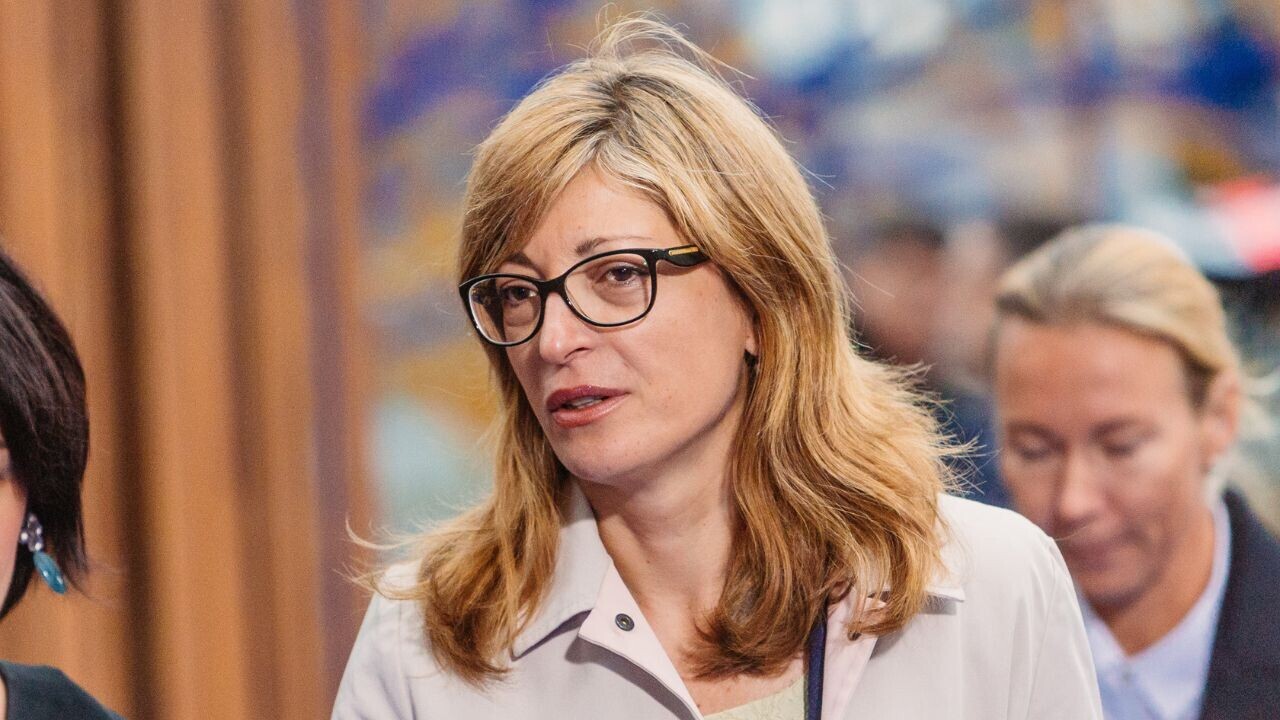Ekaterina Zaharieva hasn't even started work as the EU's first startup commissioner, but tensions are already rising around her role.
The Bulgarian politician was nominated for the job on Tuesday. Alongside startups, her brief will also cover research and innovation. But first, her appointment needs approval from the European Parliament.
Her critics hope that confirmation never comes. Here are three big reasons for their opposition.
1. She lacks experience in tech
Zaharieva was a lawyer before climbing the ranks of Bulgarian politics to become deputy minister. In the world of tech, however, her experience is slim.
Her resume contains scant evidence of experience with startups. Nor does she have a background in research or innovation.
The R&D community reportedly wanted a commissioner with more relevant expertise. Finland's Henna Virkkunen was singled out as a promising alternative, but has instead been proposed as the EU's next digital chief.
2. There's no plan for an EU version of DARPA
Earlier this month, former Italian Prime Minister Mario Draghi released a damning report about the EU's competitiveness.
Draghi said the bloc was “failing to translate innovation into commercialisation.” To solve the problem, he wants to create an EU agency modelled on DARPA — the Pentagon's “mad science” unit.
The European Innovation Agency, he said, should be reformed to become this new body. Its mission: supporting high-risk projects that could deliver “breakthrough technological advances.”
This bold concept, however, has not been mentioned in the mission letter to Zaharieva.
3. She's been embroiled in a scandal
Tech issues aren't the only concerns swirling around Zaharieva. She was also once entangled in the illegal sale of Bulgarian passports.
In 2018, a whistleblower accused Zaharieva and two other politicians of “running the scam,” Euractiv reported.
Zaharieva denied the allegations and the scandal subsided. But the accusations have resurfaced since her nomination for the new EU role.
As a result, Politico named Zaharieva as one of five commissioner nominees that the European Parliament is most likely to reject. The hearings will be held over the next few weeks.
